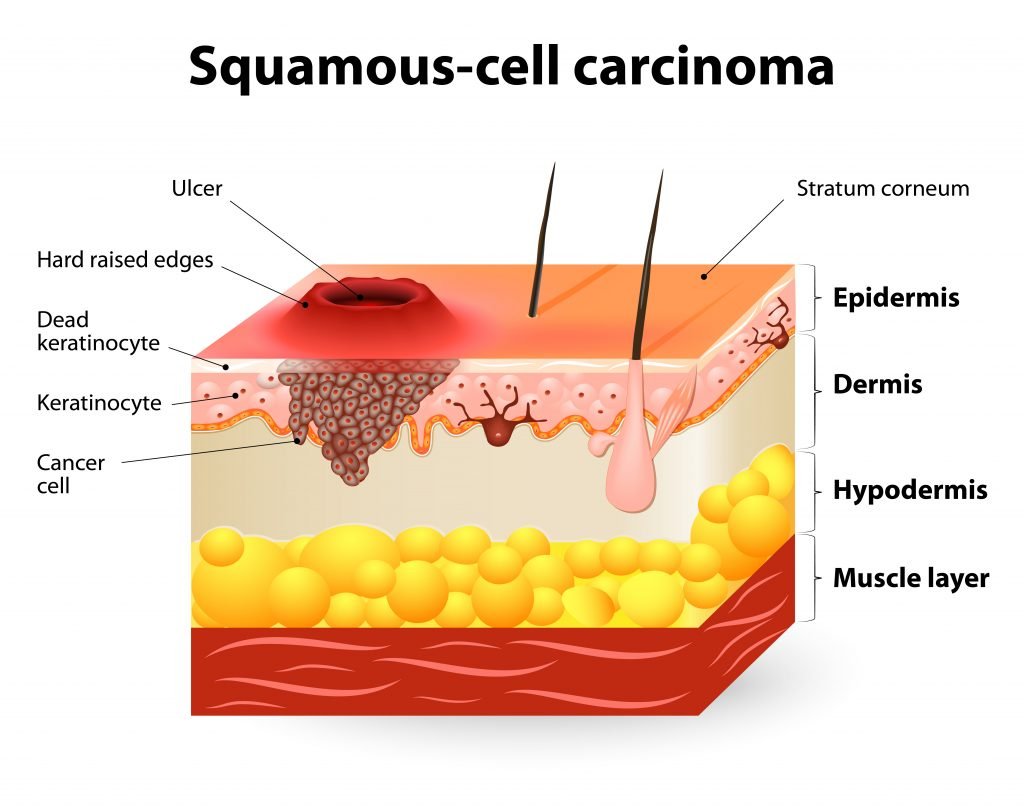John Cena Reveals Skin Cancer Battle

John Cena, the 16-time WWE world champion and actor, recently revealed a personal health battle with skin cancer in an exclusive interview with People magazine. The diagnosis prompted Cena to partner with Neutrogena for their new Ultra Sheer Mineral Face Liquid Sunscreen SPF 70 campaign, titled “Sunscreen You Can’t See,” a playful nod to his signature catchphrase.
Cena attributed his skin cancer to years of neglecting sun protection. Growing up near Salisbury Beach in Massachusetts, he spent countless summers enjoying the outdoors without sunscreen. He admitted to a similar lack of sun protection after moving to Florida in his early twenties, where he "fell in love with the sun." He explained, "I was stubborn. I didn't want to have a routine, and I also thought the problem would never reach me."
His negligence ultimately led to a skin cancer diagnosis. During a dermatologist checkup, a cancerous spot was removed from his right pectoral muscle. A subsequent checkup revealed another cancerous spot near his right shoulder. Cena described the experience as "unpredictable," stressing the importance of regular skin checks. He now wears the resulting marks as a reminder to prioritize sun protection.
While currently healthy, Cena emphasized the importance of a human-to-human connection in raising awareness about skin cancer. He stated that statistics alone don't convey the gravity of the situation. The experience has led him to advocate strongly for daily sunscreen use, highlighting the convenience and invisibility of Neutrogena's new formula. He now uses both the lotion and spray versions for comprehensive protection.
Globally, skin cancer rates vary significantly. Data from 2022 shows Israel ranking 23rd worldwide in skin cancer cases, according to Reuters. Australia and New Zealand have the highest rates of both melanoma and non-melanoma skin cancers, according to the World Cancer Research Fund International. In Israel, approximately 2,000 people are diagnosed with malignant melanoma annually, with men accounting for 60% of cases, according to 2023 estimates from the Israel Cancer Association. Dr. Marina Landau, a dermatology specialist, recommends using broad-spectrum sunscreen with an SPF of 30 or higher and avoiding excessive sun exposure, even with sunscreen. Cena's story serves as a powerful reminder of the importance of sun protection and regular skin checks.









